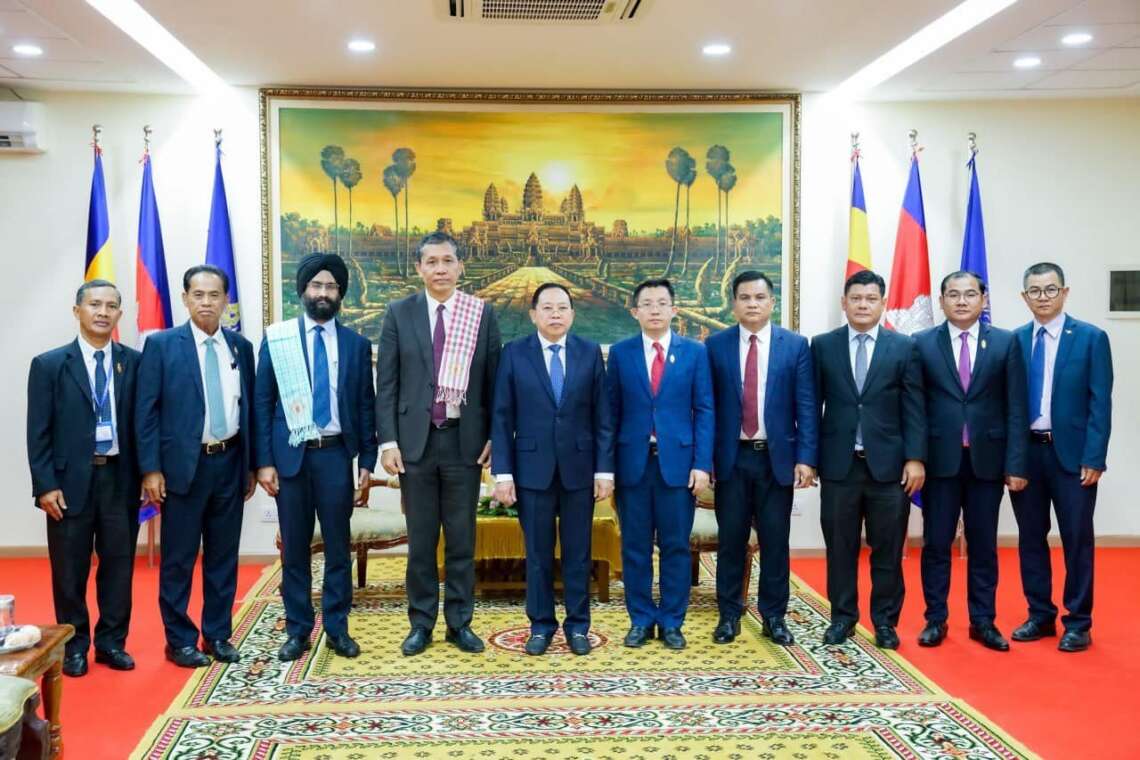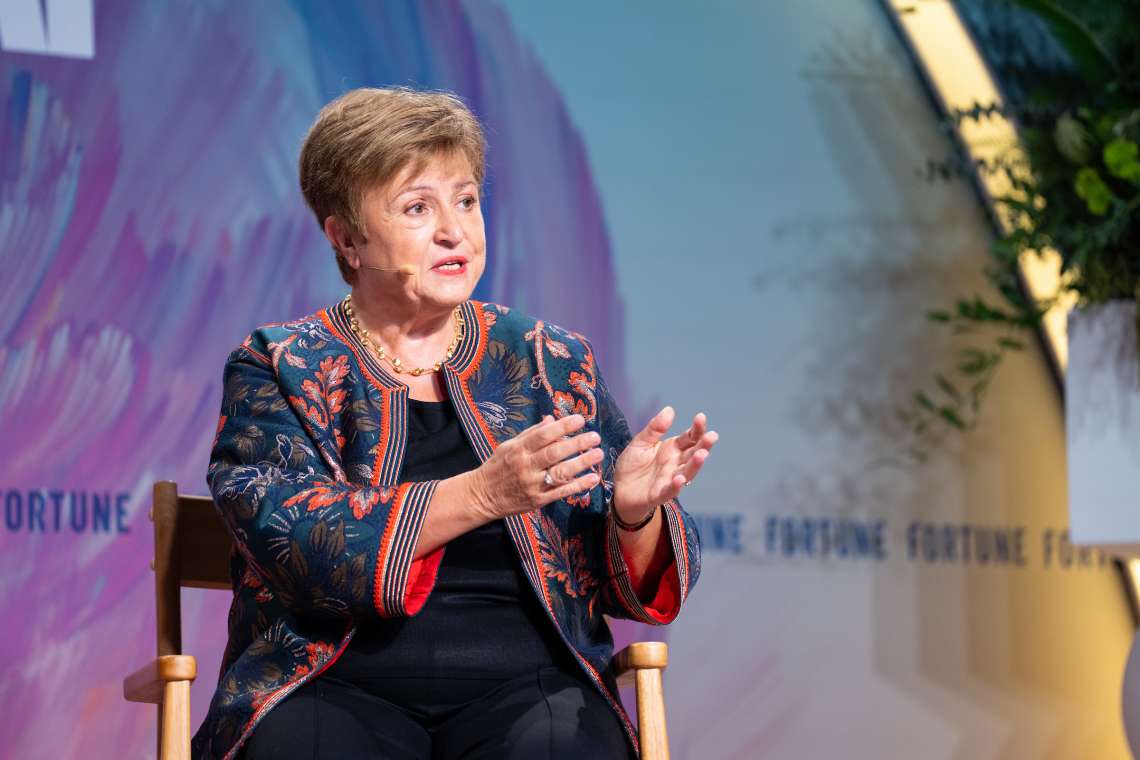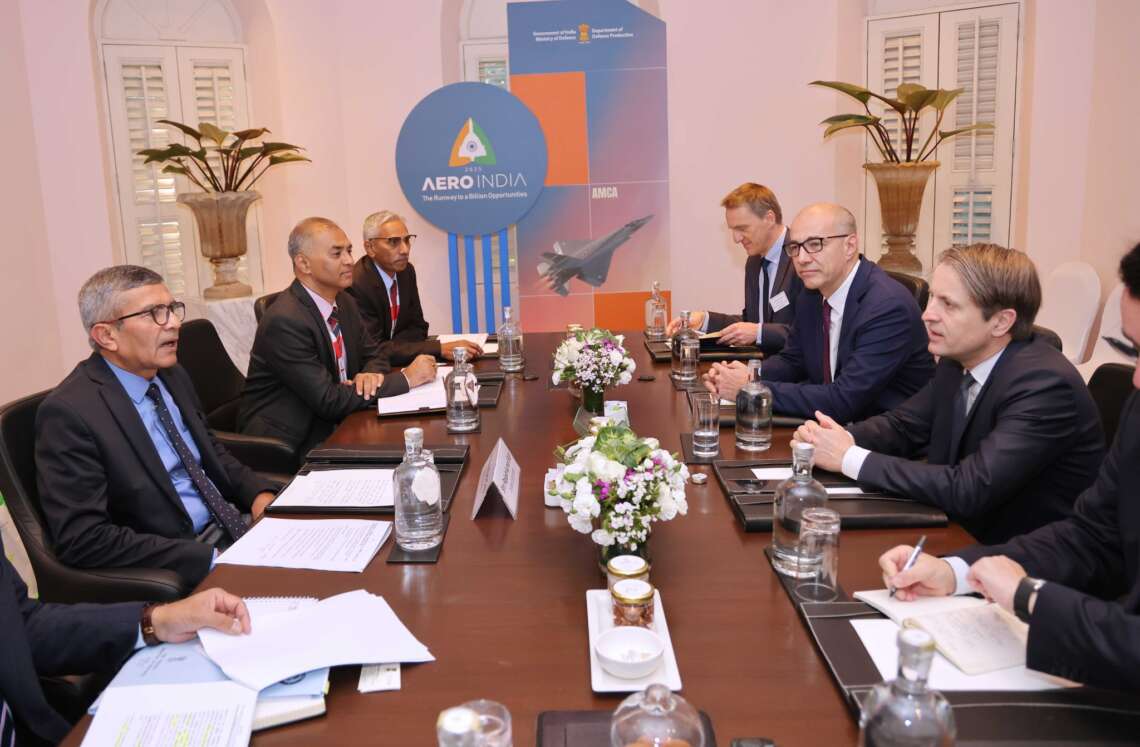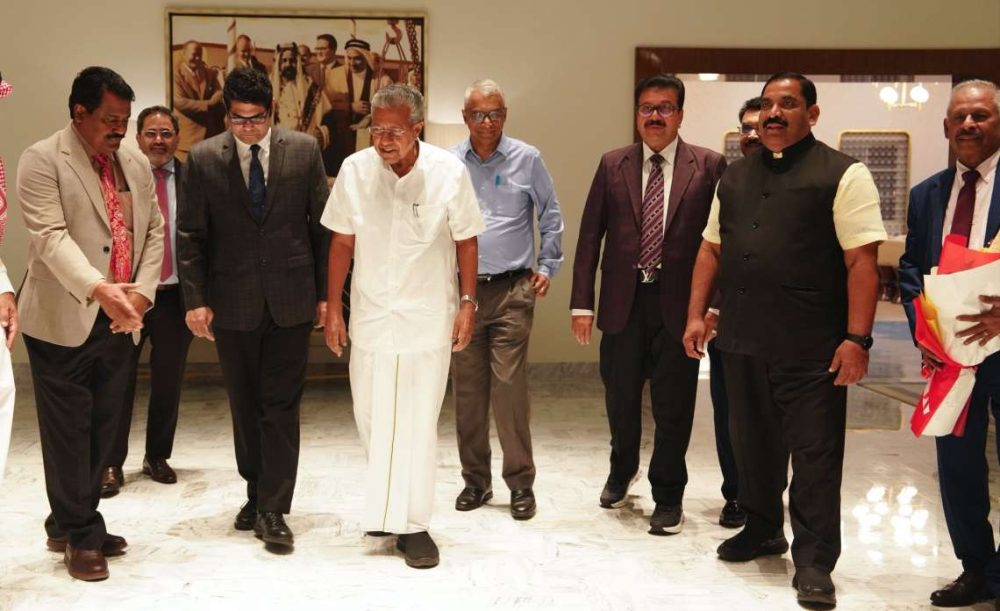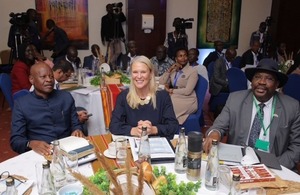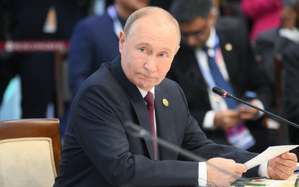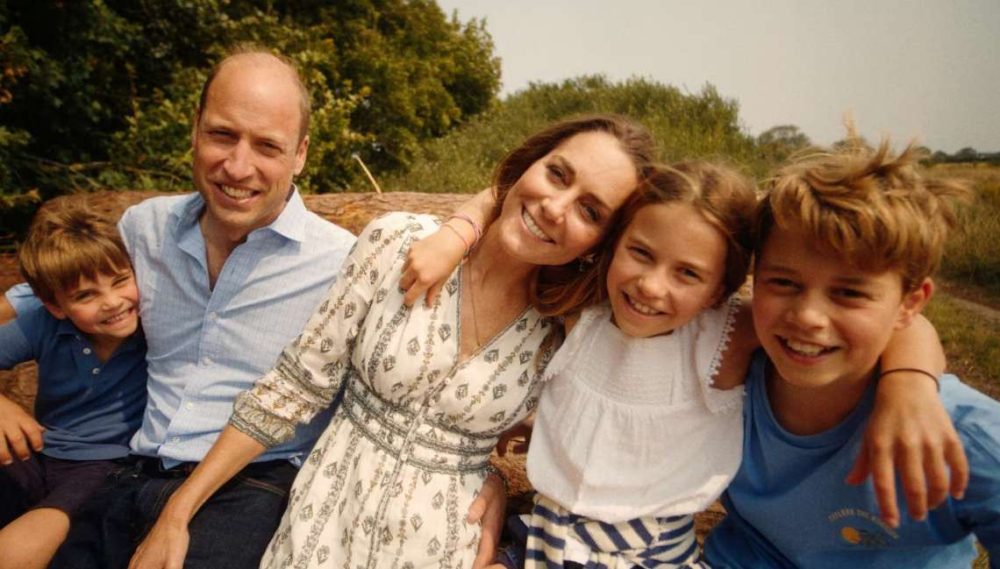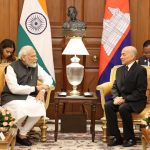Indian Ambassador to Cambodia, Vanlalvawna Bawitlung, recently met with Chay Borin, Cambodia’s Minister of Culture and Religion, to explore ways of further enhancing these ties.
India and Cambodia continue to forge deeper connections through their shared Buddhist heritage, with an emphasis on cultural partnerships and religious tourism. Indian Ambassador to Cambodia, Vanlalvawna Bawitlung, recently met with Chay Borin, Cambodia’s Minister of Culture and Religion, to explore ways of further enhancing these ties.
The discussions centred on broadening cooperation in religious and cultural affairs. One of the key highlights was the plan to bring Buddhist relics from India to Cambodia in 2026, a move aimed at strengthening religious tourism between the two nations.
Minister Chay Borin expressed gratitude for India’s consistent support, particularly in aiding Cambodian monks and pagodas, and offering scholarships to Cambodian students pursuing studies in India. These efforts, he said, have greatly contributed to preserving and promoting Cambodia’s rich Buddhist traditions.
One of the key highlights was the plan to bring Buddhist relics from India to Cambodia in 2026, a move aimed at strengthening religious tourism between the two nations.
Under Prime Minister Narendra Modi’s ‘Act East’ policy, India has been fostering closer ties with Southeast Asian nations, with Buddhism serving as a cultural bridge. The historical connection between the two countries is deeply rooted in shared traditions and values, making Buddhism a significant element in their bilateral relationship.
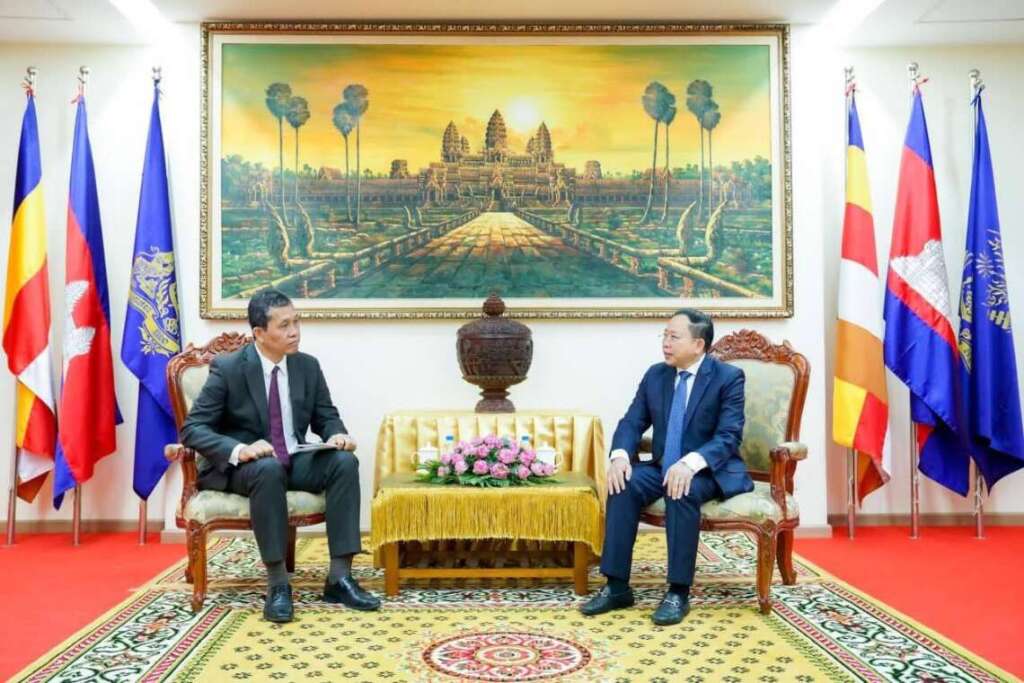
India’s support for Cambodia extends beyond cultural initiatives. In the aftermath of the Khmer Rouge regime’s fall in 1979, India was the first country to recognise Cambodia, reviving its embassy in Phnom Penh in 1981. Today, India continues to play a pivotal role in restoring Cambodia’s ancient temples, including the world-famous Angkor Wat, a symbol of Cambodia’s cultural and religious heritage.
Cambodia, where Buddhism is the predominant faith, also retains strong Hindu and Buddhist influences in its rituals, mythology, and traditions. The Khmer language, Cambodia’s official language, reflects these cultural ties, with over 3,000 words derived from Sanskrit.
The Cultural Exchange Programme (CEP) between the two nations, initially signed in 2000, has been periodically renewed, reinforcing cultural diplomacy as a key aspect of their relationship.
As the birthplace of Buddhism, India views the religion as a soft power tool to enhance its influence across Asia. With a significant portion of the Buddhist population residing in Asia, India’s efforts to promote these shared values help strengthen regional ties and assert its cultural leadership on the global stage.
ALSO READ: Jaishankar to meet Bangladesh Foreign Adviser in Muscat


